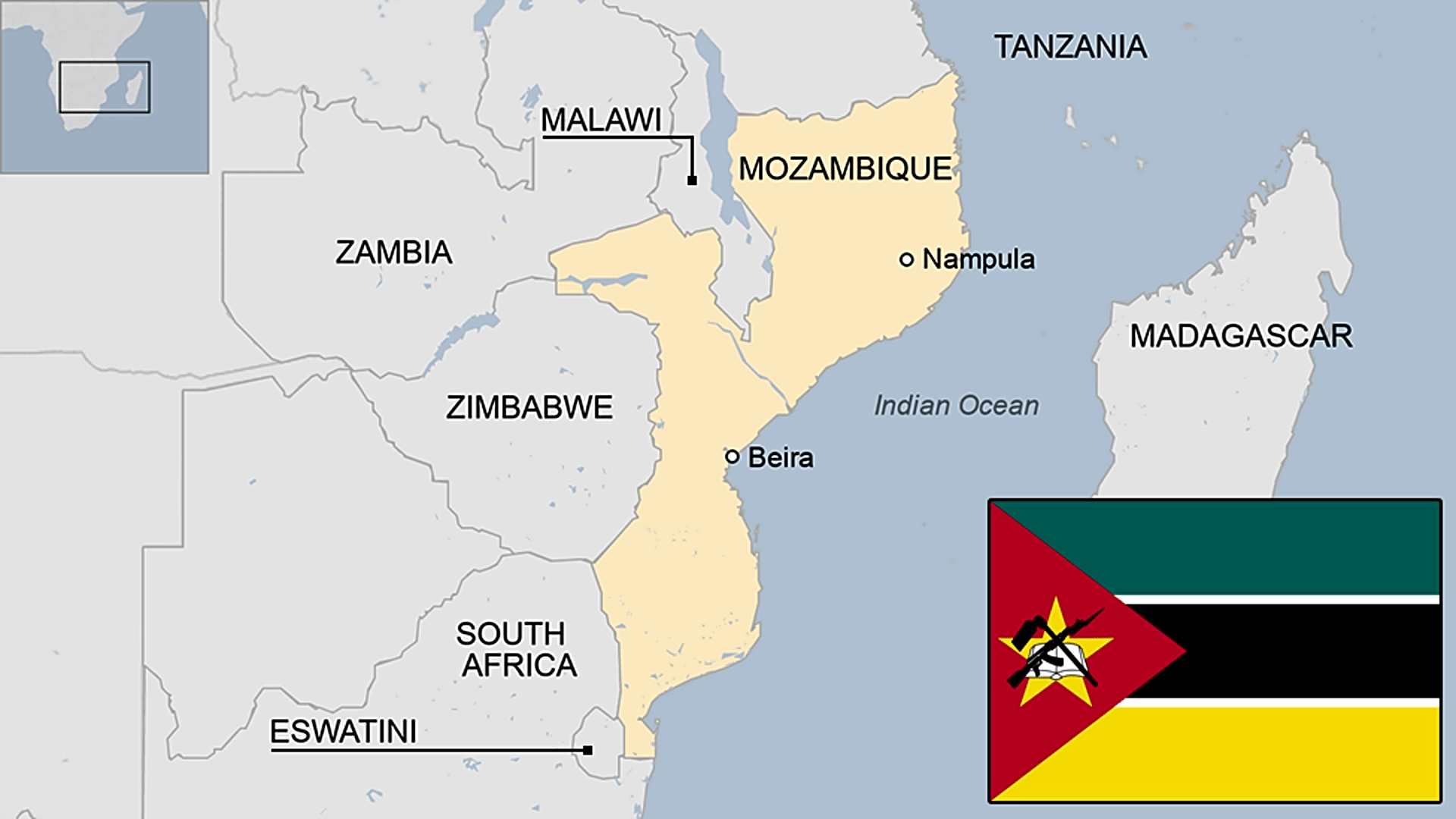Summarized by AI Model:facebook/bart-large-cnn
Ghana is stepping its efforts to digitise services and increase public accessibility as part of its goals for digital transformation. The nation unveiled a digital tool made expressly for rent control in September. The Ministry of Roads and Highways introduced a smartphone app in July that allows people to report traffic problems, improving infrastructure development and safety.Ghana is stepping its efforts to digitise services and increase public accessibility as part of its goals for digital transformation. The nation unveiled a digital tool made expressly for rent control in September. Mahamudu Bawumia, the vice president of Ghana, unveiled a new unified mobile digital services platform on Monday, October 7. The program, known as CitizenApp, gives Ghanaian individuals access to a range of government services, lets them report problems, and gives them real-time news on subjects pertaining to the public.
“Many developed nations have not yet done what Ghana has done. Thus, we are heading in a direction with a lot of potential.When the system is in place, conducting business in Ghana will be very simple and easy. Obtaining a passport, paying taxes, and starting a firm would all be very simple, according to Bawumia.
The program is a component of the government of Ghana’s larger plan to expedite the digitisation of public services and enhance their use. A digital portal devoted to rent control was unveiled in September. The Ministry of Roads and Highways introduced a smartphone app in July that allows people to report traffic problems, improving infrastructure development and safety. An additional app was released in February with the goal of formalising and standardising the unofficial transport industry. Furthermore, preparations are also being made for the digitisation of the national population census procedure.
Ghana is now recognised as a pioneer in the use of e-government thanks to these initiatives. Ghana is ranked first in West Africa and eighth overall in the United Nations Department of Economic and Social Affairs’ (DESA) September 2024 publication, “E-Government Survey 2024: Accelerating Digital Transformation for Sustainable Development.”
However, Ghanaians’ access to smartphones and the internet would be crucial for the uptake of the new platform and the utilisation of digital services. The GSM Association (GSMA) states that 51% of the Economic Community of West African States (ECOWAS) have smartphones, yet precise data for Ghana is not given. The International Telecommunication Union (ITU) reports that 68.6% of Ghanaians utilise the internet and 69.8% of people own mobile phones.


